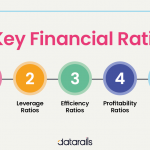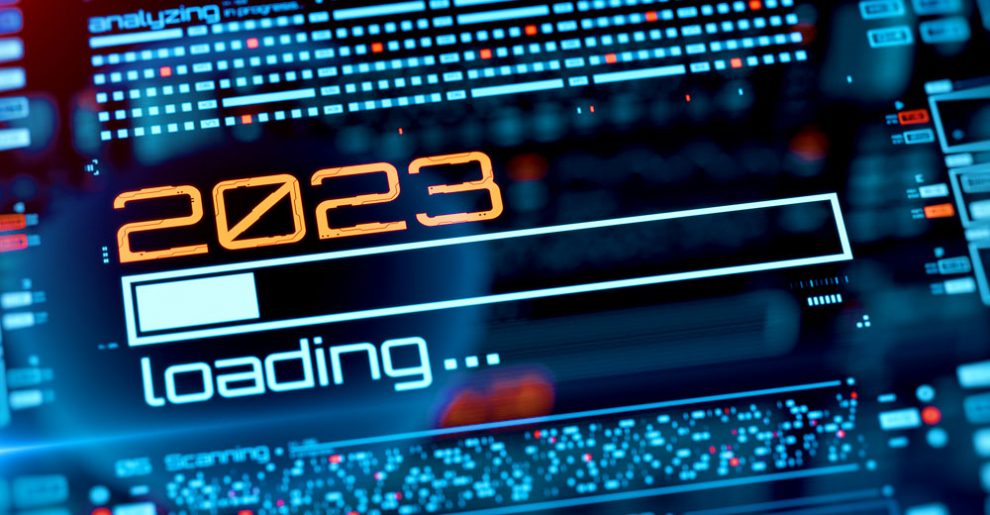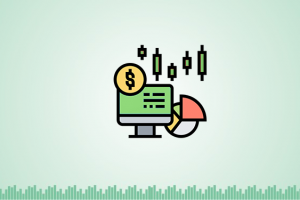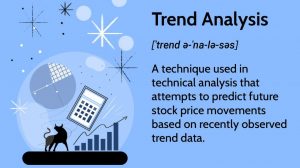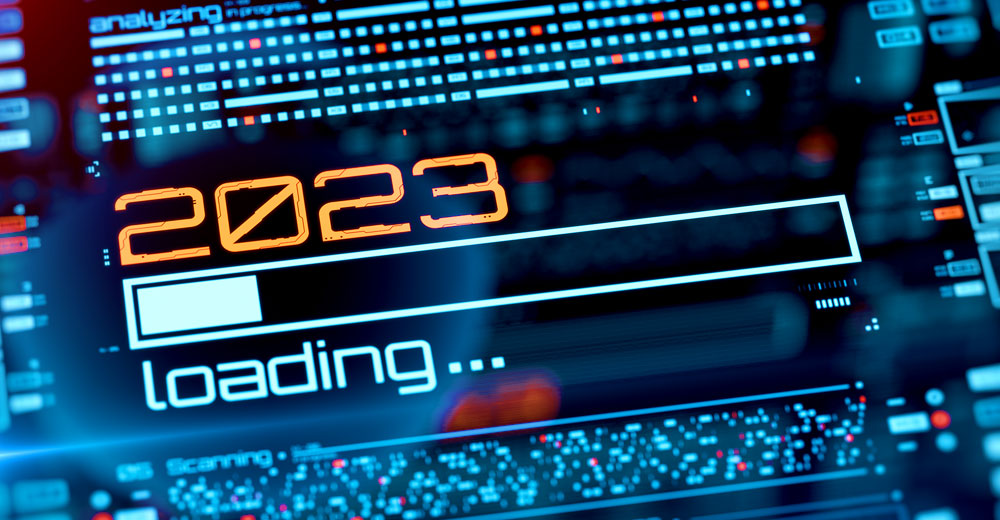
Introduction
The technology industry is known for its rapid evolution and transformative impact on various sectors. As we step into 2023, it’s essential to analyze the market trends that are shaping the tech industry. This article explores the latest developments and provides insights into the future of technology, highlighting key areas such as artificial intelligence, blockchain, and cybersecurity.
Artificial Intelligence: Pioneering a New Era
Rise of AI-powered Applications
Artificial Intelligence (AI) continues to revolutionize the tech industry, permeating various sectors with its transformative capabilities. From self-driving cars to voice assistants and personalized recommendation systems, AI is becoming increasingly prevalent in our daily lives. Companies like Google, Amazon, and Microsoft are investing heavily in AI research and development, fueling the growth of intelligent applications.
Integration of AI in Business Processes
Businesses are recognizing the potential of AI in streamlining operations and gaining a competitive edge. Machine learning algorithms are being employed to analyze large datasets, enabling businesses to extract valuable insights for strategic decision-making. For instance, retail giant Walmart uses AI-powered algorithms to optimize its supply chain, resulting in improved efficiency and reduced costs.
The Ethical Implications of AI
While AI brings remarkable advancements, it also raises ethical concerns. Tech industry leaders and policymakers are increasingly emphasizing the importance of responsible AI development. Sundar Pichai, CEO of Google, states, “AI should be developed with careful consideration for its social impact, ensuring it is fair, transparent, and respects privacy.”
Blockchain: Empowering Decentralization
Blockchain Beyond Cryptocurrency
Blockchain technology, originally known for powering cryptocurrencies like Bitcoin, has expanded its reach beyond digital currencies. Industries such as finance, supply chain, healthcare, and real estate are embracing blockchain for its ability to enhance security, transparency, and efficiency. Blockchain’s decentralized nature makes it resistant to tampering, enabling trust and accountability in transactions.
Smart Contracts and Supply Chain Management
Smart contracts, self-executing agreements built on blockchain, are revolutionizing supply chain management. They automate and enforce contractual obligations, reducing the need for intermediaries and increasing operational efficiency. Walmart and IBM have collaborated on a blockchain-based system for food traceability, enabling faster and more accurate recalls in case of contamination.
NFTs and Digital Ownership
Non-fungible tokens (NFTs) have emerged as a significant application of blockchain technology. NFTs enable unique digital assets, such as artwork or collectibles, to be bought, sold, and authenticated on blockchain networks. This has created a new market for digital ownership and provenance. The auction of a digital artwork by artist Beeple for a record-breaking $69 million highlighted the potential of NFTs in the art world.
Cybersecurity: Safeguarding the Digital Realm
Rising Cyber Threats
As technology advances, so do the threats in the digital realm. Cyberattacks have become more sophisticated, targeting organizations and individuals alike. Ransomware attacks, data breaches, and identity theft have severe consequences, highlighting the critical importance of cybersecurity measures.
Zero Trust Architecture
Traditional perimeter-based security is no longer sufficient in the face of evolving cyber threats. The adoption of Zero Trust architecture is gaining traction, emphasizing continuous authentication and authorization across all devices and networks. This approach ensures that every user, device, and application is continuously validated, regardless of their location.
Artificial Intelligence in Cybersecurity
AI is playing a crucial role in strengthening cybersecurity defenses. Machine learning algorithms can detect and respond to anomalous activities in real-time, mitigating the risk of cyber threats. Deep learning models can analyze vast amounts of data to identify patterns and anomalies that might go unnoticed by traditional security systems.
Conclusion
The tech industry continues to evolve at an astonishing pace, driven by breakthroughs in artificial intelligence, blockchain, and cybersecurity. AI-powered applications are becoming more prevalent, transforming various industries. Blockchain technology is empowering decentralized solutions and redefining digital ownership. Cybersecurity measures are essential in safeguarding our digital lives from evolving threats. As we navigate through 2023, staying abreast of these market trends will be crucial for businesses and individuals alike, ensuring they leverage the latest technologies while maintaining security and ethical considerations.
